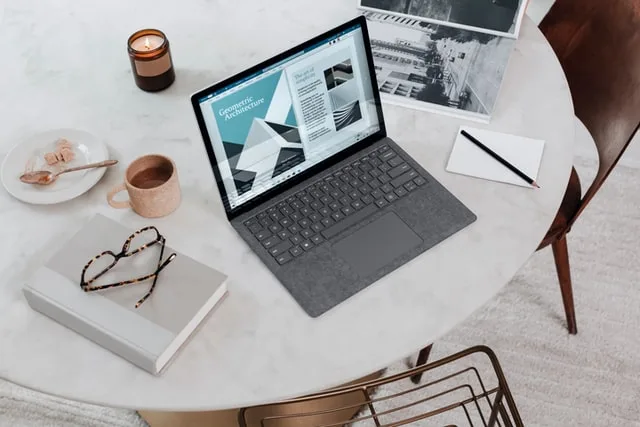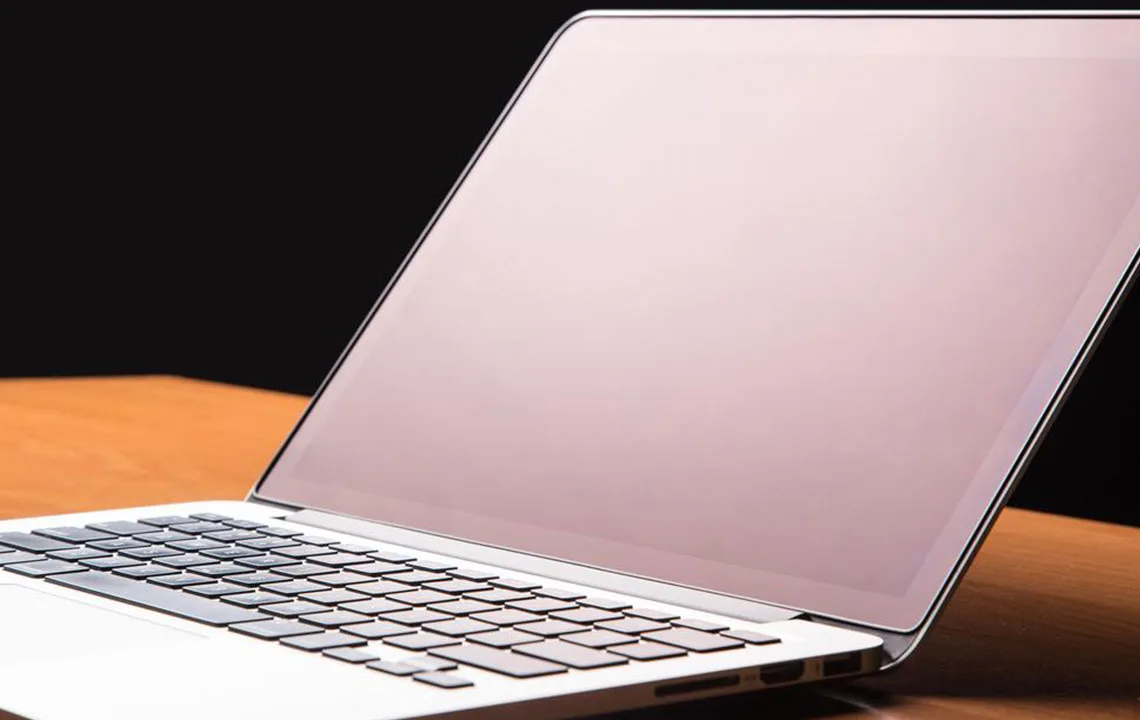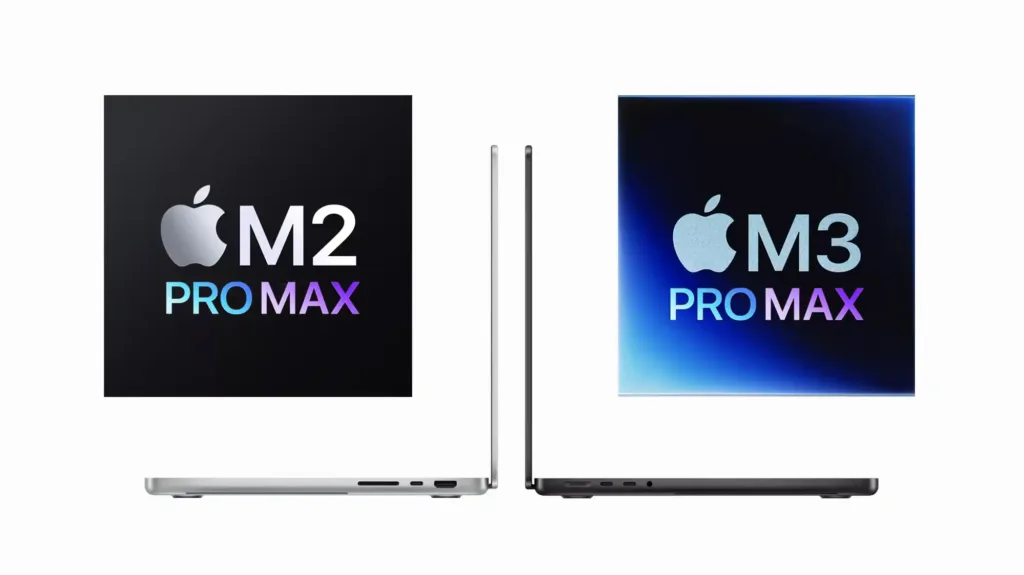Mistakes to Avoid When Choosing a Laptop: A Comprehensive Guide to Making the Right Choice
SEO Meta Description:
Don’t let choosing a laptop turn into a costly mistake! Avoid common pitfalls with our comprehensive guide. Learn how to find the perfect laptop that suits your needs and budget without overspending or sacrificing performance.
Introduction: The Importance of Choosing the Right Laptop

In today’s digital world, a laptop is more than just a computer – it’s an essential tool for work, education, entertainment, and communication. With so many options available, selecting the right laptop can be daunting. To ensure you make an informed decision, it’s crucial to avoid common mistakes that could lead to dissatisfaction or financial loss.
Comparing Specs Without Trying Them Out

The Problem with Comparing Specs Without Hands-on Experience:
Comparing laptop specifications on paper is a common practice, but it’s essential to remember that specs alone don’t tell the whole story. Every person has unique preferences and needs, and what works for one person may not work for another. Relying solely on specifications can lead to disappointment if the laptop doesn’t meet your expectations in real-world use.
Why It’s Important to Try Out a Laptop Before You Buy It:
Before committing to a purchase, take the time to try out the laptop in person. Visit a tech store or order the laptop online with a generous return policy. Use it to perform everyday tasks, browse the web, and run your essential software. This hands-on experience will give you a much better understanding of how the laptop feels, performs, and suits your workflow.
Overpaying for Unnecessary Features

Identifying Features That Are Worth Paying For:
When shopping for a laptop, it’s easy to get caught up in the latest and greatest features. However, not all features are created equal. Some features are essential for certain tasks, while others may be nice-to-haves but not worth the extra cost.
Avoiding Features That Are Not Essential:
Before making a purchase, carefully consider which features are truly important for your needs. Do you need a powerful graphics card for gaming or video editing? Do you need a large amount of storage space for photos and videos? Once you know what features are essential, you can focus on laptops that offer those features without overpaying for unnecessary bells and whistles.
Considering Your Budget and Needs:
It’s also crucial to set a budget before shopping for a laptop. Knowing how much you’re willing to spend will help you narrow down your options and avoid overspending. Remember, the most expensive laptop isn’t always the best. Find a balance between features, price, and your specific needs.
Buying the Cheapest Laptop
The Risks of Buying the Cheapest Laptop:
In the pursuit of a bargain, some people opt for the cheapest laptop they can find. While this may seem like a smart way to save money, it can often lead to more problems in the long run. Cheap laptops are often made with inferior materials and components, which can result in poor performance, frequent breakdowns, and a shorter lifespan.
Why Cheap Laptops Are Often Not a Good Investment:
Buying a cheap laptop may seem like a good idea initially, but it can be a false economy. These laptops are more likely to require repairs or replacements sooner, costing you more money in the long run. Additionally, cheap laptops often lack essential features and performance, making them frustrating to use.
The Importance of Finding a Balance Between Price and Quality:
Instead of focusing solely on price, look for a laptop that strikes a balance between affordability and quality. Consider your needs, set a realistic budget, and choose a laptop that offers the features and performance you require without breaking the bank.
Overlooking Portability
The Importance of Portability for a Laptop:
One of the key advantages of a laptop over a desktop computer is its portability. You can easily carry it with you wherever you go, whether it’s to school, work, or a coffee shop. Overlooking portability can lead to underutilized laptops due to excessive weight and size.
Considerations for Choosing a Laptop That Is Easy to Carry:
When choosing a laptop, consider its weight and dimensions. A lightweight laptop is easier to carry around, reducing strain on your back and shoulders. Additionally, consider the laptop’s size. A smaller laptop will be more portable than a larger one, making it easier to fit into bags and backpacks.
Balancing Portability with Other Factors:
Finding the right balance between portability and other factors like screen size, performance, and battery life is essential. If you need a powerful laptop for demanding tasks, you may have to compromise on portability to some extent. However, if portability is a top priority, you can find lightweight laptops that still offer good performance and features.
Ignoring Port Types and Locations
The Importance of Considering Port Types and Locations:
Ports are essential for connecting your laptop to external devices like printers, external storage drives, and monitors. Overlooking port types and locations can limit connectivity and workflow. For example, if your laptop doesn’t have enough USB ports, you may need to purchase a USB hub, which can be inconvenient and add clutter to your workspace.
Common Mistakes People Make When Choosing Ports:
A common mistake is choosing a laptop with only USB-C ports. While USB-C is a versatile port, it’s not yet as widely adopted as USB-A. This means you may need to carry adapters or dongles to connect older peripherals.
Another mistake is overlooking port

